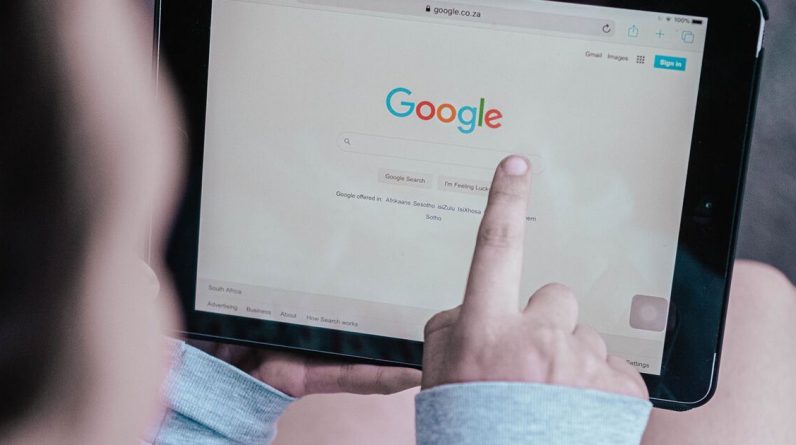
- Google has blocked several Australian news sites from its search results, in a move that is being interpreted as a response to the Australian Government attempting to make the tech giant pay for original news content.
- The move by Google came as a Senate committee is reviewing legislation that would force Google and Facebook to negotiate with Australian news media companies for a fair price for displaying local news content.
- In early December 2020, the Australian Government tabled legislation that will force Google and Facebook to pay news organisations for access to their journalism.
- Experts on media regulation say though Google was trying to downplay the significance of the move, it was clearly “throwing its weight around”.
Google has blocked several Australian news sites from its search results, in a move that is being interpreted as a response to the Australian Government attempting to make the tech giant pay for original news content. The search algorithm tweak by Google affects a number of users and buries links to commercial news sites. However, Google says that only a small number of users will be affected.
Users were not informed of the change, or advised how to find news articles when searching, with some reporting they initially believed it was an issue only affecting them. People affected by the trial can get around the block by searching in a private browser window, such as in incognito mode in Google Chrome.
The move by Google came as a Senate committee is reviewing legislation that would force Google and Facebook to negotiate with Australian news media companies for a fair price for displaying local news content.
Google has argued against the code since it was first announced last year, by alerting users to the proposed changes in search and in Google Chrome. Google would not say whether it was also burying links to the ABC and SBS, which are included alongside commercial media in the proposed code to make platforms pay for content. The Australian Competition and Consumer Commission (ACCC) estimates Google accounts for 95 per cent of search traffic.
News of the tweak was first reported earlier this week by the Australian Financial Review (AFR). A spokesperson for Nine, the publisher of the Sydney Morning Herald, the Age and the Australian Financial Review (AFR), said in a statement that Google’s “experiment” was a “chilling illustration of their extraordinary market power”.
“Google is an effective monopoly and by withholding access to such timely, accurate and important information they show clearly how they impact what access Australians have to that,” a spokesperson said. “At the same time, Google are now demonstrating how easily they can make Australian news providers who fall out of their favour effectively disappear from the internet.”
Australia News Code for Social Media companies
In early December 2020, the Australian Government tabled legislation that will force Google and Facebook to pay news organisations for access to their journalism.
Under the code, media organisations can bargain with the digital platforms for the amount charged per piece of content. If the bargaining is unsuccessful, the decision goes to arbitration. A panel of arbiters can make a final decision.
The mandatory bargaining code is the result of many years of complaints from traditional media outlets that social media platforms pay nothing for the work of journalists but make millions of dollars through advertising.
Releasing a draft version of the code last year, the ACCC said Google and Facebook should treat media organisations as exceptional among businesses, “as a strong and independent media landscape is essential to a well-functioning democracy”.
In response, Google and Facebook have argued media organisations are not accounting for the benefit they derive from search engines sending traffic to their sites.
Experts say Google ‘throwing its weight around’
Belinda Barnet, an expert on media regulation at Swinburne University, spoke to ABC News and said though Google was trying to downplay the significance of the move, it was clearly “throwing its weight around”.
The point of this, Dr Barnet said, was to give the impression it doesn’t need the news content it’s being asked to pay for and that it “has the power to disappear news outlets completely.” “In the middle of a pandemic when arguably we need access to timely accurate and fresh information more than ever, they’re prepared to dump news from the feeds of users to prove a point,” she said.
Chris Cooper, executive director of Reset Australia, an organisation working to counter digital threats to democracy, said Google’s experiment was “grossly irresponsible”. He said it appeared to be an extension of the “same kind of aggressive campaigning” against the proposal to make it pay for news content.
